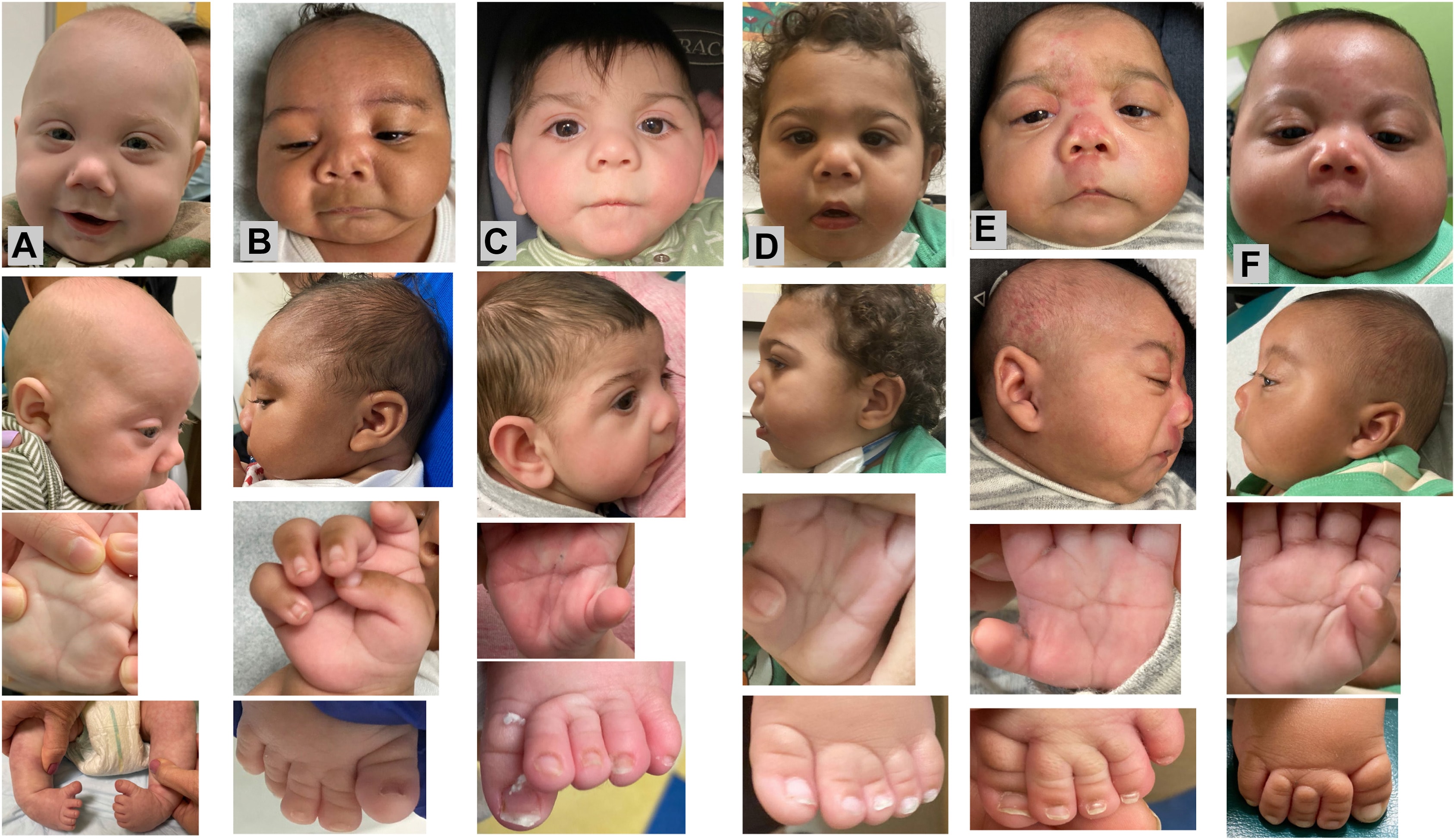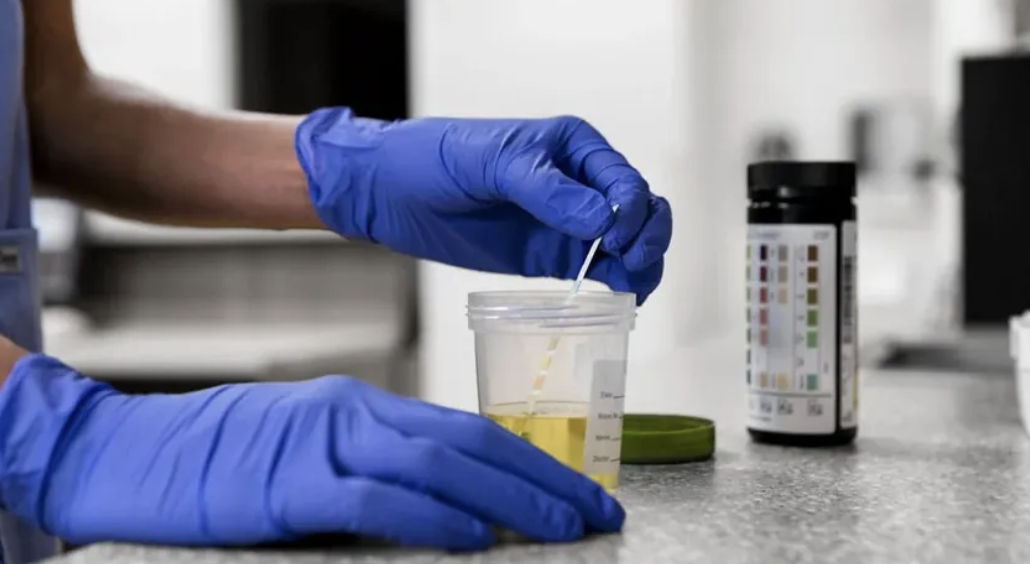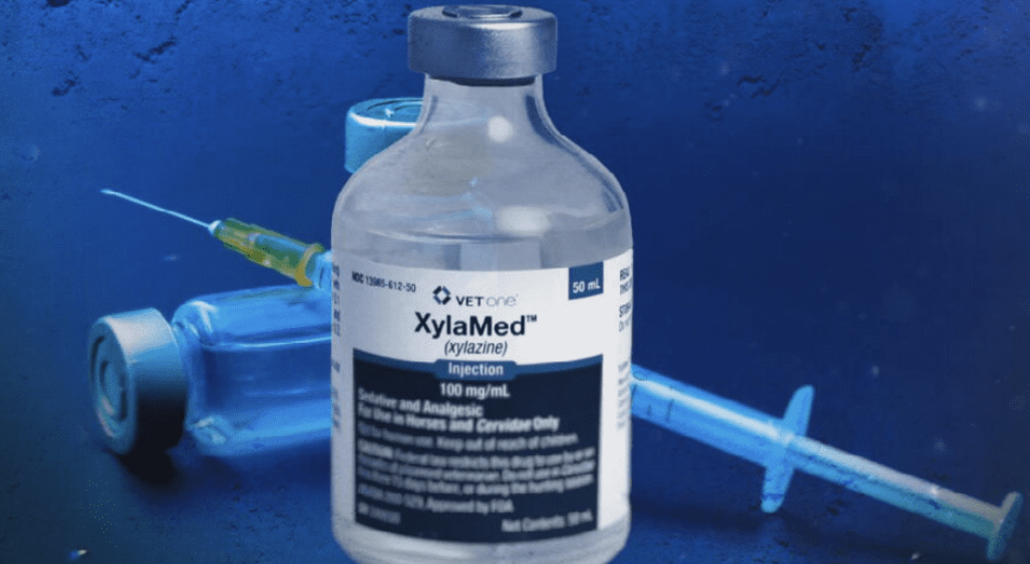Fetal alcohol syndrome is caused by alcohol exposure during pregnancy and leads to lifelong physical, behavioral, and cognitive disabilities. In this article, we’ll explore what is fetal alcohol syndrome, its symptoms, causes, and treatment options.
Key Takeaways
- Fetal Alcohol Syndrome (FAS) is a preventable disorder caused by alcohol exposure during pregnancy, leading to serious physical, cognitive, and behavioral impairments in children.
- No amount of alcohol is considered safe during pregnancy; early detection and intervention are crucial for mitigating developmental challenges associated with FAS.
- Support for children with FAS includes medical, therapeutic, and parental training interventions, with a strong emphasis on prevention through abstaining from alcohol during pregnancy.
What is fetal alcohol syndrome?
Fetal alcohol syndrome is a preventable birth defects disorder caused by alcohol addiction during pregnancy, leading to lifelong disabilities in the child. It is the most severe manifestation within a broader range of conditions known as fetal alcohol spectrum disorders (FASD). The symptoms of FAS can vary widely, affecting physical development, behavior, and cognitive abilities.
There is no known safe level of alcohol consumption during pregnancy, and any intake presents risks to the developing fetus. Early detection of FAS allows for timely intervention, especially in cases where teen alcohol abuse increases the risk of prenatal exposure.
How fetal alcohol syndrome affects the baby
Fetal alcohol syndrome profoundly affects a baby’s development, often leading to both physical and mental impairments. Alcohol can interfere with the development of the fetus’s brain and other organs, causing both physical abnormalities and neurological issues, including central nervous system abnormalities. Infants with FAS may exhibit:
- Distinctive facial features, such as small eyes, a flat nose bridge, and an unusually thin upper lip
- Low body weight
- Difficulties in sucking and sleeping
The long-term effects of FAS can be devastating. Children with FAS often face learning disabilities, poor coordination, and challenges with attention as they grow. The severity of these symptoms can vary widely, influenced by the timing and amount of alcohol exposure during pregnancy.
As the child grows, these impairments can lead to significant challenges in school and social settings, further complicating their child’s development and quality of life. Understanding these impacts, including potential growth deficits and growth problems, is crucial for providing the right support and interventions for intellectual disability early on.
Causes of fetal alcohol syndrome
The primary cause of fetal alcohol syndrome is alcohol consumption during pregnancy. Alcohol is considered the most significant teratogen responsible for FAS, with no safe amount or trimester identified for consumption during pregnancy. Prenatal alcohol exposure disrupts the development of critical organs and the brain, leading to various impairments.
Identifying the causes of FAS is key to prevention. This section will explore how alcohol use during pregnancy and the timing and frequency of exposure play a role in the development of FAS.

Alcohol use during pregnancy
Around 9.8% of pregnant women globally consume alcohol, which can lead to various developmental disorders in their offspring. In the U.S., about 10% of pregnant women report consuming alcohol, with higher rates of binge drinking during the first trimester. Alcohol consumption during pregnancy can hinder the development of the baby’s brain and essential organs, leading to lifelong deficits.
Even small quantities of alcohol can be harmful during pregnancy, with no established safe level of consumption. Heavy drinking or binge drinking significantly increases the risk of severe complications for the developing fetus. Therefore, pregnant women should stop drinking alcohol immediately upon learning of their pregnancy and should not drink alcohol during this critical time.
Timing and frequency of exposure
The timing and frequency of alcohol exposure during pregnancy can significantly impact the severity of Fetal Alcohol Syndrome (FAS). Key points include:
- Binge drinking, defined as consuming five or more drinks in a single occasion, poses a greater risk to fetal development compared to regular drinking patterns.
- Drinking patterns during the first trimester significantly raise the likelihood of fetal alcohol spectrum disorders.
- Consuming alcohol throughout the pregnancy increases risks even further.
Prenatal alcohol exposure impairs fetal brain development, particularly when exposure occurs during critical developmental windows. Higher levels of maternal alcohol use in the early stages of pregnancy correlate with poorer developmental scores in infants, indicating that early exposure to maternal alcohol is particularly harmful to the baby’s brain.
Signs and symptoms of fetal alcohol syndrome
Symptoms of fetal alcohol syndrome can vary significantly from one child to another, affecting physical, cognitive, and behavioral normal development.
Recognizing these symptoms is vital for early diagnosis and intervention.
Physical symptoms
Common physical indicators of Fetal Alcohol Syndrome (FAS) include:
- Distinct facial characteristics like small eyes, a flat nose bridge, and an unusually thin upper lip, which may include abnormal facial features
- A smooth ridge between the nose and upper lip
- Growth deficiencies, such as low birth weight and short stature
These physical symptoms are often the most recognizable and can be crucial for diagnosing FAS early in a child’s life. Early detection can lead to interventions that help mitigate some of the developmental challenges associated with FAS.
Neurological and behavioral symptoms
Children with FAS often face challenges such as:
- Attention difficulties, leading to problems with focusing and completing tasks
- Social difficulties, including problems with communication and getting along with peers
- Intellectual disabilities and learning disorders, affecting memory and understanding
Behavioral issues such as hyperactivity and behavior problems with poor impulse control can manifest in individuals with FAS. These challenges can lead to significant difficulties in school and social settings, further complicating the child’s development and quality of life.
How fetal alcohol syndrome is diagnosed
Diagnosing fetal alcohol syndrome involves a multidisciplinary approach, integrating clinical evaluations from various healthcare professionals. A healthcare professional specialized in FAS conducts an evaluation to diagnose the condition, which is based on observing symptoms and the mother’s alcohol use during pregnancy.
Clinical diagnosis and criteria
The diagnosis of Fetal Alcohol Syndrome (FAS) requires a specific pattern of facial anomalies, growth deficiencies, and neurobehavioral impairments. Diagnosis criteria for FAS include assessing the child’s physical development, behavioral issues, and the mother’s alcohol consumption history during pregnancy.
A multidisciplinary team, including specialists in dysmorphology and neuropsychology, is often involved in the evaluation process. Pediatricians play a vital role in diagnosing FASD, often being the first to identify affected children due to their training in recognizing typical features.
Tools and medical evaluations
Referrals to specialists like developmental pediatricians or neurologists are common when FAS is suspected, to rule out other conditions with similar symptoms. Comprehensive neurodevelopmental disorders assessments are crucial in evaluating cognitive and behavioral deficits associated with FAS and neurobehavioral disorder.
Guidelines recommend that all pregnant women should be screened for alcohol use using validated tools to ensure timely intervention if needed. The diagnosis process for FASD is complex and necessitates input from various health professionals, including pediatricians, psychologists, and occupational therapists.
Long-term effects of fetal alcohol syndrome
Individuals with fetal alcohol syndrome may experience a variety of life-long challenges due to prenatal alcohol exposure, including cognitive and behavioral impairments, fetal alcohol effects, and alcohol related birth defects.

Developmental and educational impact
Children affected by FAS often struggle with learning, memory, and following directions, which can significantly hinder their educational progress. They may face significant challenges in learning, including issues with attention, memory, and poor reasoning skills.
Prenatal alcohol exposure is linked to cognitive impairments that can hinder academic performance and educational attainment. Individuals affected by FAS may require ongoing educational support and tailored learning strategies to succeed.
Adulthood consequences
Adults with FAS are at an increased risk factors for:
- Mental health problems, including those linked to alcohol and depression, are more likely to occur in individuals with FAS.
- Difficulties in managing daily life skills
- Struggles with maintaining employment
- Challenges in forming relationships
Secondary effects of FAS can include behavioral problems and substance abuse in adulthood. These challenges highlight the importance of early intervention and support to mitigate long-term consequences.
Treatment and support for fetal alcohol syndrome
Effective treatment for individuals with FASD should cater to their specific challenges, and for mothers with alcohol use disorders, options like Suboxone for alcohol may be part of early intervention before pregnancy.

Medical and therapeutic interventions
Medical treatments for FASD cover a range of specialists including pediatricians and neurologists to address various health needs. Medications can be prescribed to manage symptoms of FASD, such as hyperactivity and anxiety, but no specific drugs have been approved for FASD treatment.
Behavioral therapies can aid children with FASD, with programs like Good Buddies focusing on social skills training. Early intervention services and behavioral interventions can enhance child development by providing support in essential skills such as communication and mobility.
Parental and caregiver support
Parent training programs help caregivers understand FASD and teach effective strategies to support their child’s development. Support groups for parents of children with FASD provide a platform for shared experiences and advice on managing challenges.
Resources like daily living guides and parenting handbooks offer practical advice tailored for the specific needs of children affected by FASD. Creating structured environments can significantly aid the success of family members living with FASD, fostering a stable home environment.
Can fetal alcohol syndrome be prevented?
Avoiding alcohol during pregnancy prevents Fetal Alcohol Syndrome. Prenatal alcohol exposure is fully preventable if no alcohol is consumed during pregnancy. The U.S. Surgeon General advises women who are pregnant or might become pregnant to refrain from alcohol consumption, and alcohol addiction medication can play a role in helping them achieve abstinence.
Despite guidelines, around 11% of pregnant women reported alcohol consumption in the past month. Innovative prevention strategies are being researched to encourage women to abstain from drinking during pregnancy.
Fetal alcohol syndrome vs. fetal alcohol spectrum disorders (FASD)
Fetal Alcohol Spectrum Disorders (FASDs) encompass a range of conditions that can arise in individuals who were exposed to alcohol in utero. Fetal alcohol spectrum disorder represents the most severe end of the spectrum of FASDs, characterized by a distinct set of physical, behavioral, and cognitive issues.
Conditions under the FASD umbrella include Partial Fetal Alcohol Syndrome (pFAS) and Alcohol-Related Neurodevelopmental Disorder (ARND), which have specific diagnostic criteria. Diagnosis of FASD is complex as it relies on identifying characteristic symptoms rather than a definitive medical test.
Bottom Line: Fetal alcohol syndrome
Fetal alcohol syndrome is a preventable condition caused by alcohol consumption during pregnancy. The impacts of FAS are profound, affecting physical, cognitive, and behavioral development. Early detection and intervention are crucial in mitigating some of the developmental challenges associated with FAS.
Understanding the causes, symptoms, and long-term effects of FAS can help in providing the necessary support and interventions for affected individuals. By abstaining from alcohol during pregnancy, we can prevent fetal alcohol syndrome and ensure healthier outcomes for future generations.
FAQs about fetal alcohol syndrome
What is fetal alcohol syndrome?
Fetal alcohol syndrome is a preventable birth disorder resulting from alcohol exposure during pregnancy, leading to lifelong disabilities in the affected child. It emphasizes the importance of avoiding alcohol to ensure the health and well-being of the developing fetus.
How does fetal alcohol syndrome affect a baby?
Fetal alcohol syndrome can significantly impair a baby's development, resulting in physical and mental challenges such as unique facial characteristics, growth deficits, and cognitive and behavioral difficulties. The consequences are profound and long-lasting.
How is fetal alcohol syndrome diagnosed?
Fetal alcohol syndrome is diagnosed through a multidisciplinary approach that includes clinical evaluations of physical development, behavioral issues, and the mother's alcohol consumption history during pregnancy. This comprehensive assessment ensures accurate identification of the condition.
Can fetal alcohol syndrome be prevented?
Fetal alcohol syndrome can be completely prevented by abstaining from alcohol during pregnancy. It is essential for women who are pregnant or may become pregnant to avoid alcohol consumption altogether.
What should someone do if they drank alcohol before knowing they were pregnant?
If you have consumed alcohol before knowing you were pregnant, it is essential to consult a healthcare provider for guidance and monitoring. Immediately ceasing alcohol consumption and adopting a healthy lifestyle are critical steps moving forward.
















